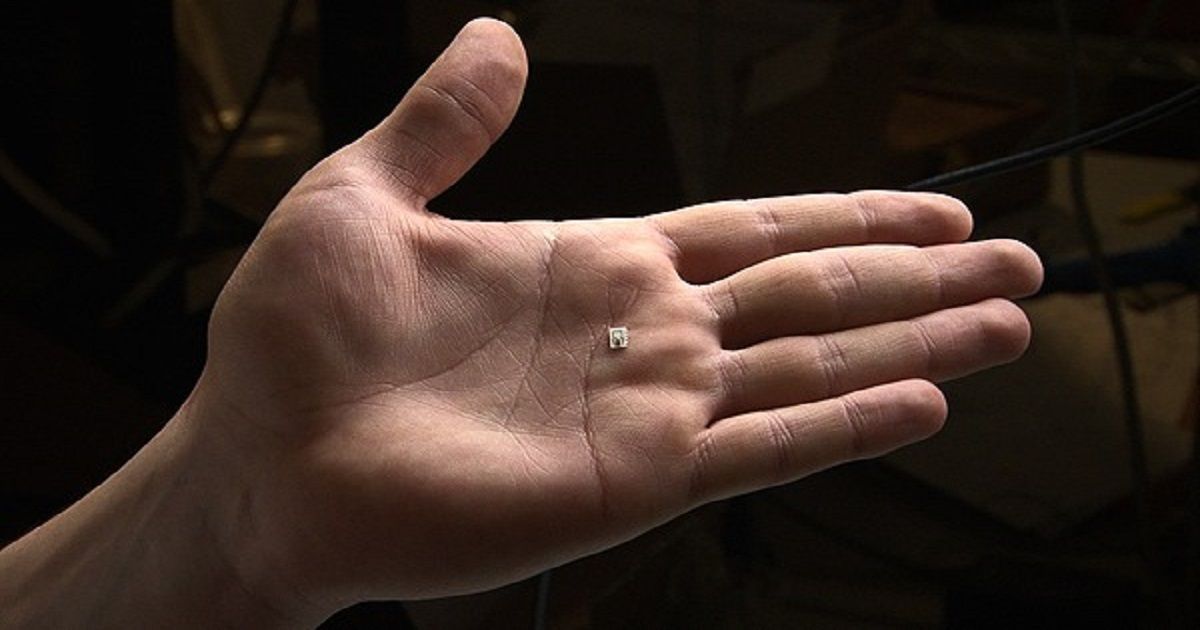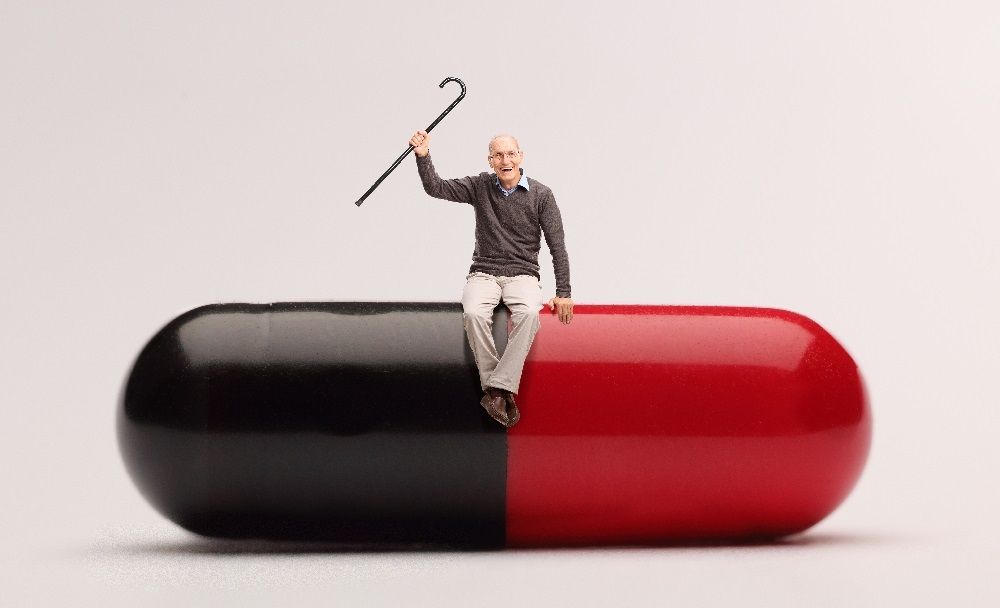Feb 14, 2018
Lose Weight With Coffee? Maybe Not, New Research Says
Posted by Brady Hartman in categories: biotech/medical, life extension
Summary: Lose weight with coffee? Probably not. While coffee is a healthy drink, and research suggests it helps ward off type 2 diabetes in habitual drinkers, new studies suggest that coffee probably won’t help in weight loss. [This article first appeared on the website LongevityFacts. Author: Brady Hartman. ]
People love to wake up each morning to the smell of hot coffee brewing. Coffee and the caffeine it contains are a great way to kick-start the day. About half of American adults drink coffee every day, drinking about 3 cups on average.
The beverage is consumed all over the world. Coffee originated in northeast Africa and spread throughout the Middle East in the 15th century from where it went on to Europe.
Continue reading “Lose Weight With Coffee? Maybe Not, New Research Says” »


















